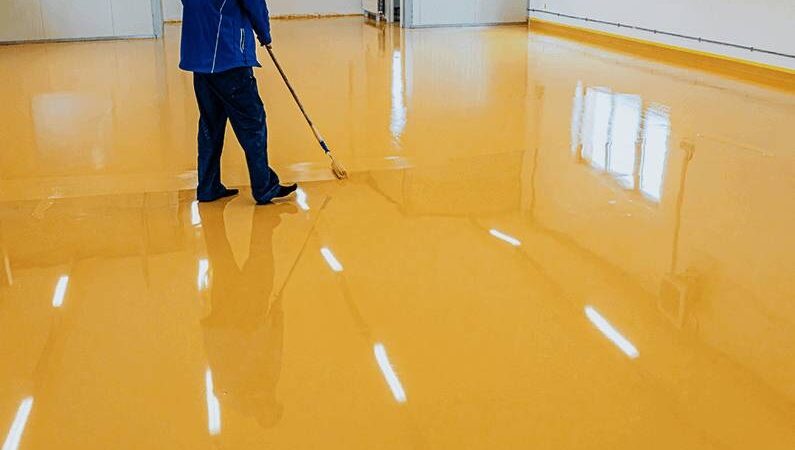The Power of Decentralised Heat Recovery Harnessing the Warmth for a Greener Future

In our ongoing quest for sustainability, decentralised heat recovery emerges as a beacon of innovation. This system captures and reuses heat that would otherwise be wasted, offering a pathway to energy efficiency in buildings and industries.
By decentralising the process, we tap into a myriad of benefits that contribute to both environmental conservation and economic savings.
Reduced Energy Consumption
Decentralised heat recovery systems directly lead to lower energy consumption. By capturing and reusing warmth from activities such as industrial processes, cooking, and even showering, these systems significantly decrease the need for additional heating. This not only cuts down on fuel use but also reduces the strain on our energy grids, making the entire process more sustainable.
Lower Carbon Footprint
One of the most compelling advantages is the substantial reduction in carbon emissions. By optimizing the reuse of heat, decentralised systems diminish the reliance on fossil fuels for heating purposes. This directly translates to fewer greenhouse gases being released into the atmosphere, making a significant contribution to combating climate change.
Cost Savings
The economic benefits cannot be overstated. Decentralised heat recovery leads to significant cost savings for both homeowners and businesses. The reduction in energy consumption means lower utility bills and decreased operational costs. Over time, the savings generated can be substantial, making it an attractive investment for those looking to cut expenses and boost efficiency.
Enhanced Comfort And Air Quality
Finally, these systems contribute to improved indoor environments. By ensuring a more consistent distribution of heat, decentralised recovery systems enhance comfort levels within buildings. Additionally, many of these systems are designed to improve ventilation, which can lead to better air quality. This is particularly beneficial in settings where fresh air circulation is crucial for health and wellbeing.
To Sum Up
Decentralised heat recovery represents a forward-thinking solution to today’s energy challenges. Its benefits—ranging from reduced energy consumption and carbon emissions to cost savings and improved indoor environments—underscore its potential to transform our approach to heating and sustainability. As we continue to seek ways to minimize our environmental footprint, embracing technologies like decentralised heat recovery will be key to a greener, more efficient future.







